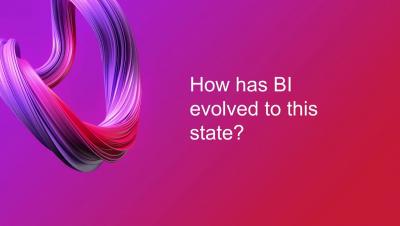Systems | Development | Analytics | API | Testing
March 2020
When adopting machine learning, people are as important as technology
A secret to adopting machine learning that has nothing to do with the actual technology. Machine learning has the potential to transform your business. To automate processes, uncover new insights, make your products and services better, and customers happier. Integrating the capability into your organization requires operational transformation and lots (and lots) of experimentation. But, you know this already.
Why Every Web Developer Should Explore Machine Learning
If software's been eating the world for the past twenty years, it's safe to say machine learning has been eating it for the past five. But what exactly is machine learning? Why should a web developer care? This article by Julie Kent answers these questions. I don't have kids yet, but when I do, I want them to learn two things: Whether or not you believe that the singularity is near, there's no denying that the world runs on data.
Distributed model training using Dask and Scikit-learn
The theoretical bases for Machine Learning have existed for decades yet it wasn’t until the early 2000’s that the last AI winter came to an end. Since then, interest in and use of machine learning has exploded and its development has been largely democratized. Perhaps not so coincidentally, the same period saw the rise of Big Data, carrying with it increased distributed data storage and distributed computing capabilities made popular by the Hadoop ecosystem.
The Rise of the Data Engineer
The introduction of AI into products and services – across all sectors – is creating new capabilities at a scale that software developers could never have dreamed of just a decade ago. But this development is not just about the tech.
Talend on Talend: How to use machine learning for your marketing database segmentation
In today’s business world, marketing segmentation is a must have for every organisation. It helps you process and aim different targets in a market into multiple customer or prospect segments to enhance your marketing actions. Through this discipline, you can hold a crucial competitive advantage over your competitors because you can adapt your offer and your communication according to the identified groups of personas you want to address.






